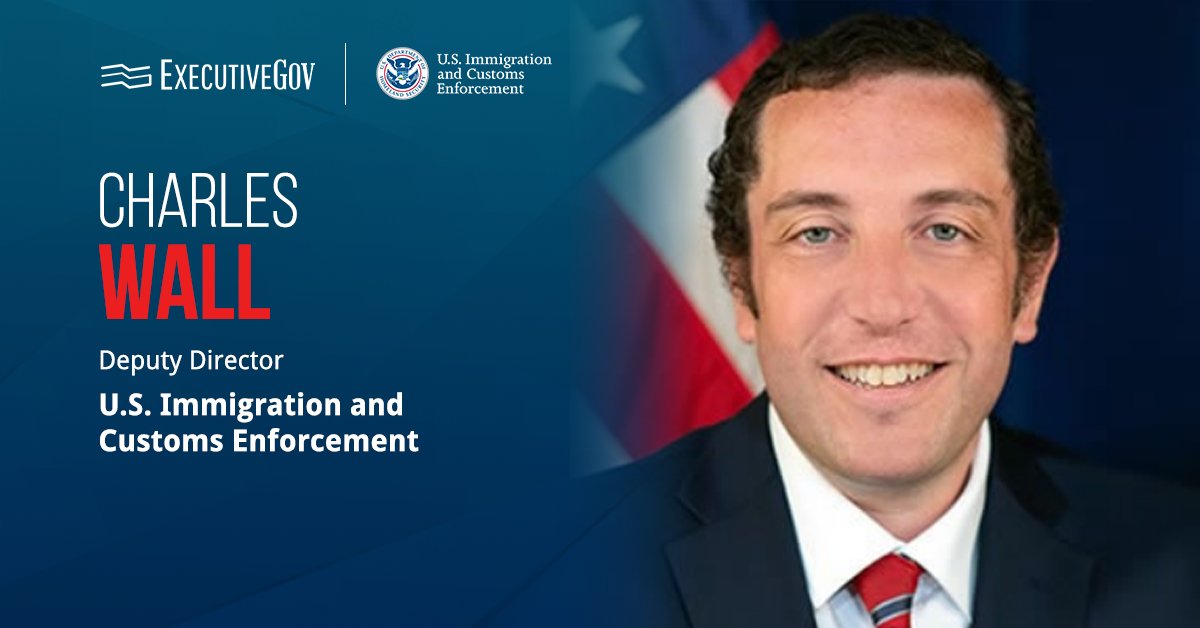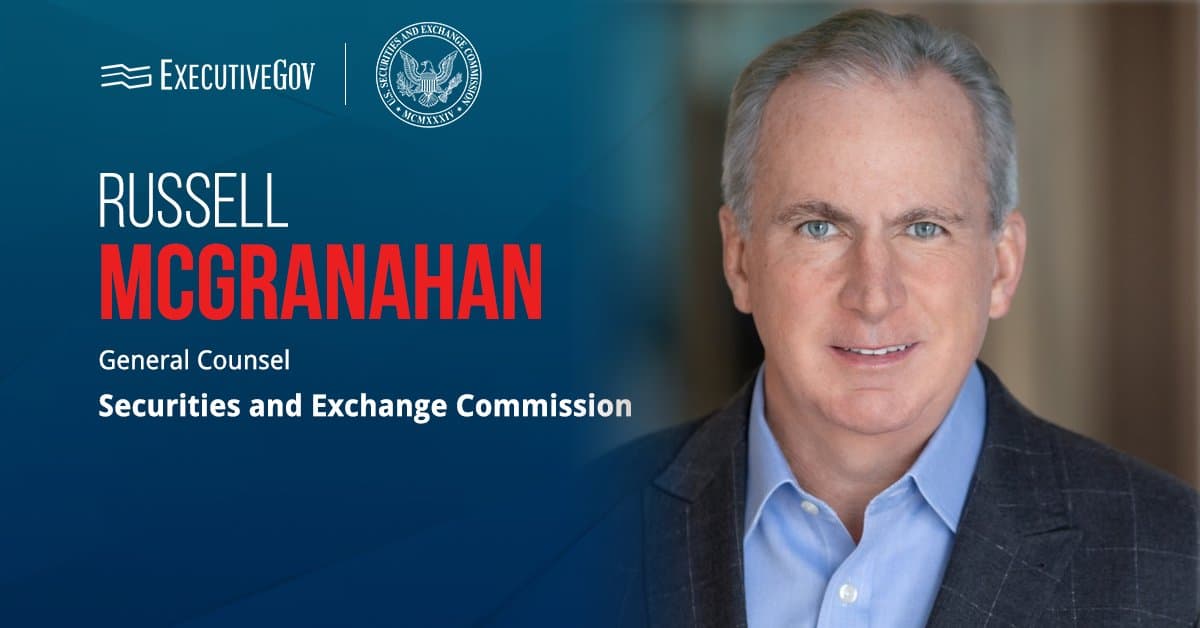The National Cybersecurity Center of Excellence (NCCoE) asks industry to comment on a draft project description that discusses security against quantum computer-based cyber attacks.
NCCoE needs input on resilient algorithms to identify the scope, hardware and software required for migration to post-quantum cryptography, the National Institute of Standards and Technology said Friday.
The center wants to develop white papers, playbooks and other demonstrable practices in support of cryptographic service providers, technology producers and policymakers.
NIST's Murugiah Souppaya and William Barker from Dakota Consulting authored the draft. Interested parties may access the draft here and submit input through July 7th, 2021.
The publication aligns with NIST's larger effort to standardize post-quantum cryptography.





